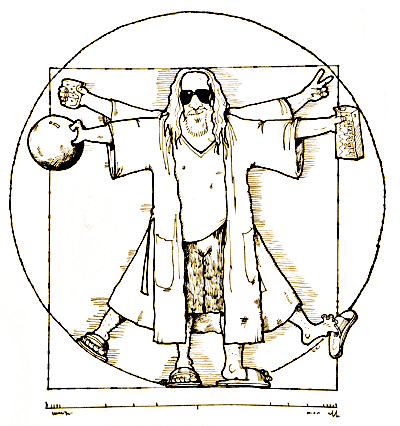Καλησπέρα,
σκόνταψα σε αυτούς τους δύο όρους μαζί, και απορώ ως προς την απόδοσή τους: είναι όντως αυτή που δίνω στον τίτλο;
Ορισμοί:
Deism (pronounced /ˈdiːɪzəm/, us dict: dē′·ĭzm)[1][2] is a religious and philosophical belief that a supreme being created the universe, and that this (and religious truth in general) can be determined using reason and observation of the natural world alone, without the need for either faith or organized religion. Many Deists reject the notion that God intervenes in human affairs, for example through miracles and revelations. These views contrast with the dependence on revelations, miracles, and faith found in many Jewish, Christian, Islamic and other theistic teachings.
Ουσιαστικά, όπως το καταλαβαίνω, ο ντεϊσμός (deism), που πρεσβεύει μεν την ύπαρξη ενός μόνο θεού αλλά απορρίπτει την πεποίθηση ότι ο θεός αυτός παρεμβαίνει στις ζωές των όντων που δημιούργησε, είναι υποδιαίρεση του θεϊσμού (theism), που πρεσβεύει ότι υπάρχει τουλάχιστον ένας θεός, ο οποίος παρεμβαίνει στις ζωές των δημιουργημάτων του.
Τι λέτε;
σκόνταψα σε αυτούς τους δύο όρους μαζί, και απορώ ως προς την απόδοσή τους: είναι όντως αυτή που δίνω στον τίτλο;
Ορισμοί:
Theism, in the broadest sense, is the belief that at least one deity exists. In a more specific sense, theism refers to a doctrine concerning the nature of a monotheistic God and his relationship to the universe. Theism, in this specific sense, conceives of God as personal, present and active in the governance and organization of the world and the universe. The use of the word theism as indicating a particular doctrine of monotheism arose in the wake of the scientific revolution of the seventeenth century to contrast with the then emerging deism that contended that God, though transcendent and supreme, did not intervene in the natural world and could be known rationally but not via revelation.
Deism (pronounced /ˈdiːɪzəm/, us dict: dē′·ĭzm)[1][2] is a religious and philosophical belief that a supreme being created the universe, and that this (and religious truth in general) can be determined using reason and observation of the natural world alone, without the need for either faith or organized religion. Many Deists reject the notion that God intervenes in human affairs, for example through miracles and revelations. These views contrast with the dependence on revelations, miracles, and faith found in many Jewish, Christian, Islamic and other theistic teachings.
Ουσιαστικά, όπως το καταλαβαίνω, ο ντεϊσμός (deism), που πρεσβεύει μεν την ύπαρξη ενός μόνο θεού αλλά απορρίπτει την πεποίθηση ότι ο θεός αυτός παρεμβαίνει στις ζωές των όντων που δημιούργησε, είναι υποδιαίρεση του θεϊσμού (theism), που πρεσβεύει ότι υπάρχει τουλάχιστον ένας θεός, ο οποίος παρεμβαίνει στις ζωές των δημιουργημάτων του.
Τι λέτε;


